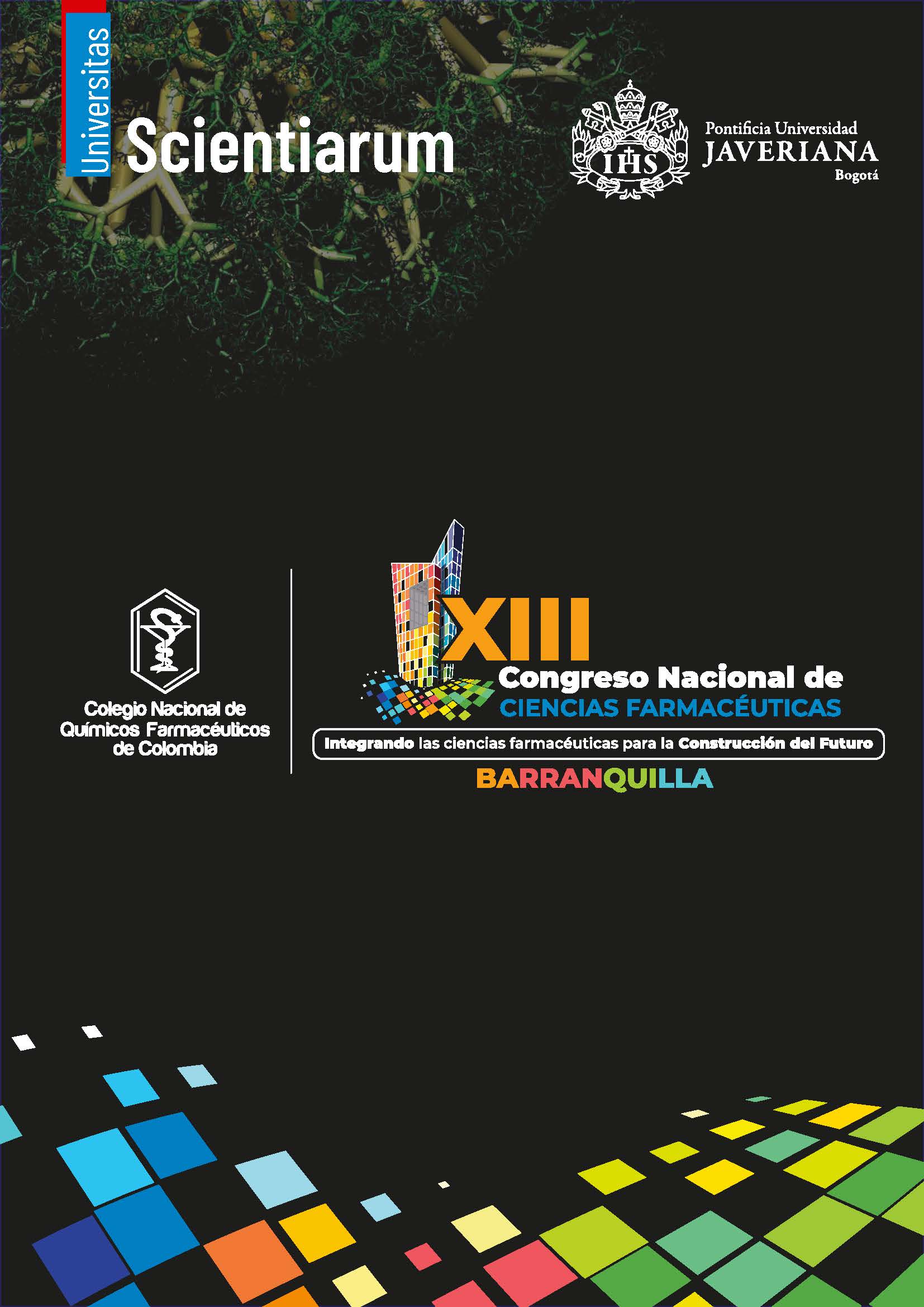Abstract
In the Montes de María region of Colombia, avocado cultivation faces significant challenges, primarily due to the inadequate management of avocado seed waste. This situation not only causes damages crops and the environment but also affects the sustainability and profitability of agricultural production in the area. In this context, developing sustainable bioproducts from avocado seeds represents an innovative strategy to promote agro-industrial waste valorization and strengthen bioeconomy-based agriculture. This study aimed to design a business model for MicroHass, a bioproduct derived from avocado seeds with potential applications in organic and regenerative agriculture A mixed qualitative–quantitative exploratory design was applied, structured in four phases. First, a documentary review and participatory diagnosis with key actors (farmers, distributors, agricultural technicians) were conducted to identify unresolved problems and market inefficiencies, Second, user-centered innovation tools, including design thinking, empathy mapping, and co-creation workshops, were employed. Third, a business model was designed using the Business Model Canvas framework. Finally, the proposal was validated through SWOT analysis to assess viability. The participatory diagnosis identified a limited availability of effective bioproduct formulations from agro-industrial residues, insufficient technical knowledge in field applications, and weak market articulation. The business model highlighted MicroHass as an ecological, safe, and easy-to-apply solution within the organic agriculture market. Key activities include raw material collection, technical formulation, field trials, and farmer training. Distribution strategies combine direct sales, agricultural fairs, and e-commerce. SWOT analysis highlighted strengths such as ecological formulation, circular economy innovation, and university spin-off support, alongside opportunities arising from the growing demand for sustainable solutions.

This work is licensed under a Creative Commons Attribution-NonCommercial 4.0 International License.


